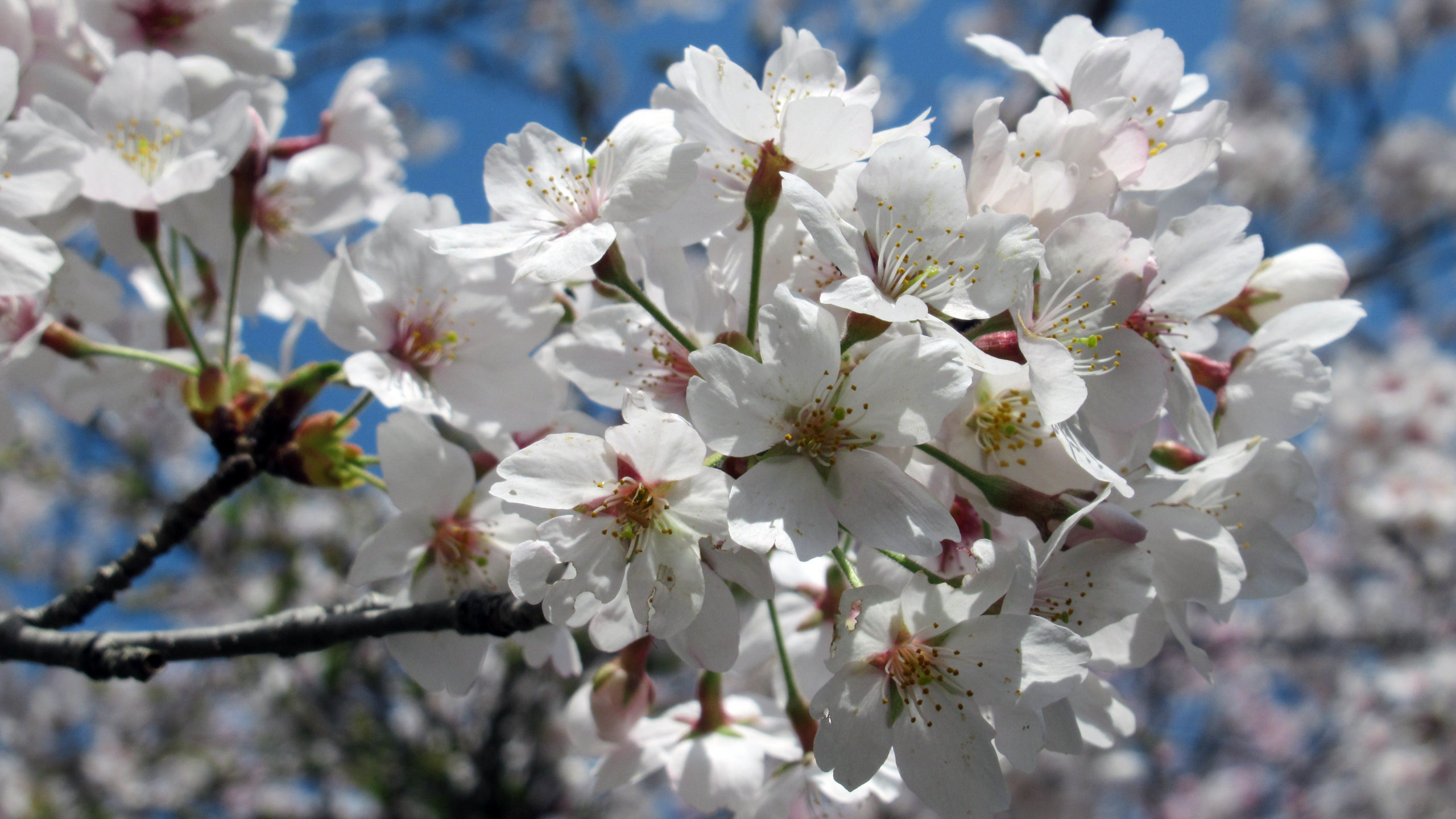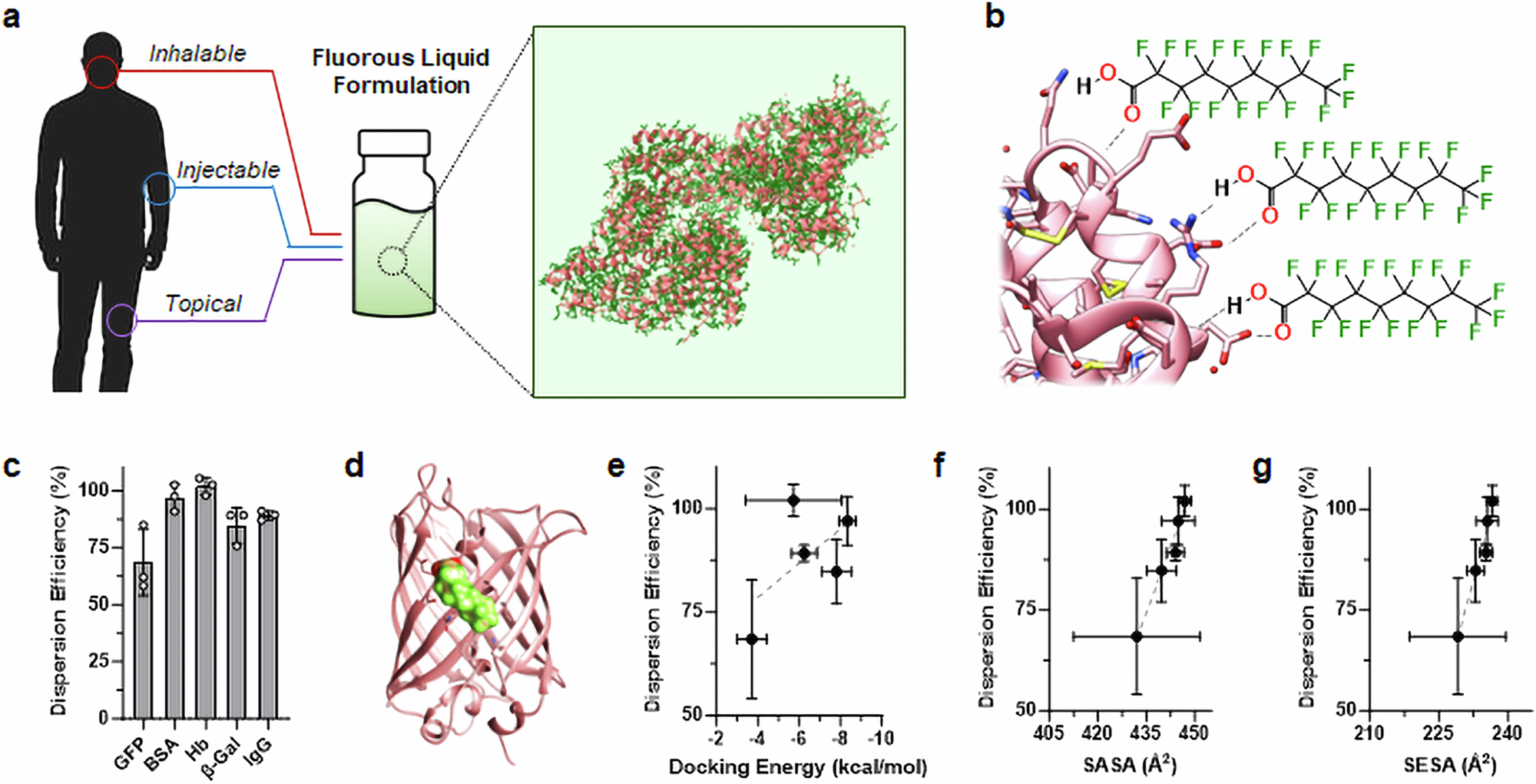2025-01-15 ワシントン大学セントルイス校
<関連情報>
- https://source.washu.edu/2025/01/coyote-genes-may-show-urban-evolution-at-work/
- https://academic.oup.com/gbe/advance-article/doi/10.1093/gbe/evae279/7934939
路地における適応: 都市コヨーテの潜在的選択下にある候補遺伝子 Adaptation in the Alleyways: Candidate genes under potential selection in urban coyotes
Samantha E S Kreling, Summer E Vance, Elizabeth J Carlen
Genome Biology and Evolution Published:30 December 2024
DOI:https://doi.org/10.1093/gbe/evae279
Abstract
In the context of evolutionary time, cities are an extremely recent development. Although our understanding of how urbanization alters ecosystems is well-developed, empirical work examining the consequences of urbanization on adaptive evolution remains limited. To facilitate future work, we offer candidate genes for one of the most prominent urban carnivores across North America. The coyote (Canis latrans) is a highly adaptable carnivore distributed throughout urban and non-urban regions in North America. As such, the coyote can serve as a blueprint for understanding the various pathways by which urbanization can influence the genomes of wildlife via comparisons along urban-rural gradients, as well as between metropolitan areas. Given the close evolutionary relationship between coyotes and domestic dogs, we leverage the well-annotated dog genome and highly conserved mammalian genes from model species to outline how urbanization may alter coyote genotypes and shape coyote phenotypes. We identify variables that may alter selection pressure for urban coyotes and offer suggestions of candidate genes to explore. Specifically, we focus on pathways related to diet, health, behavior, cognition, and reproduction. In a rapidly urbanizing world understanding how species cope and adapt to anthropogenic change can facilitate the persistence of, and coexistence with, these species.



